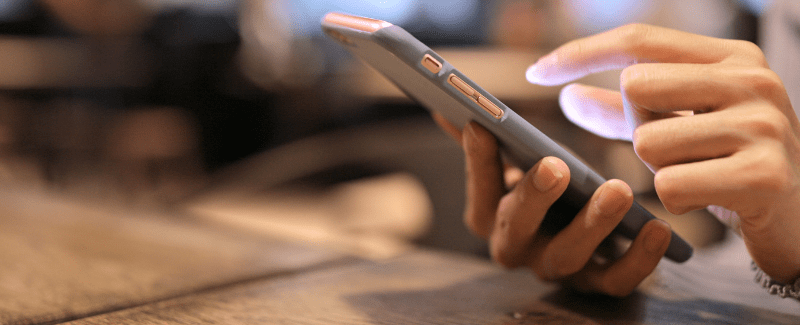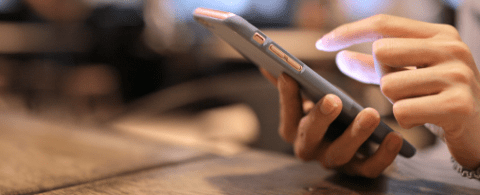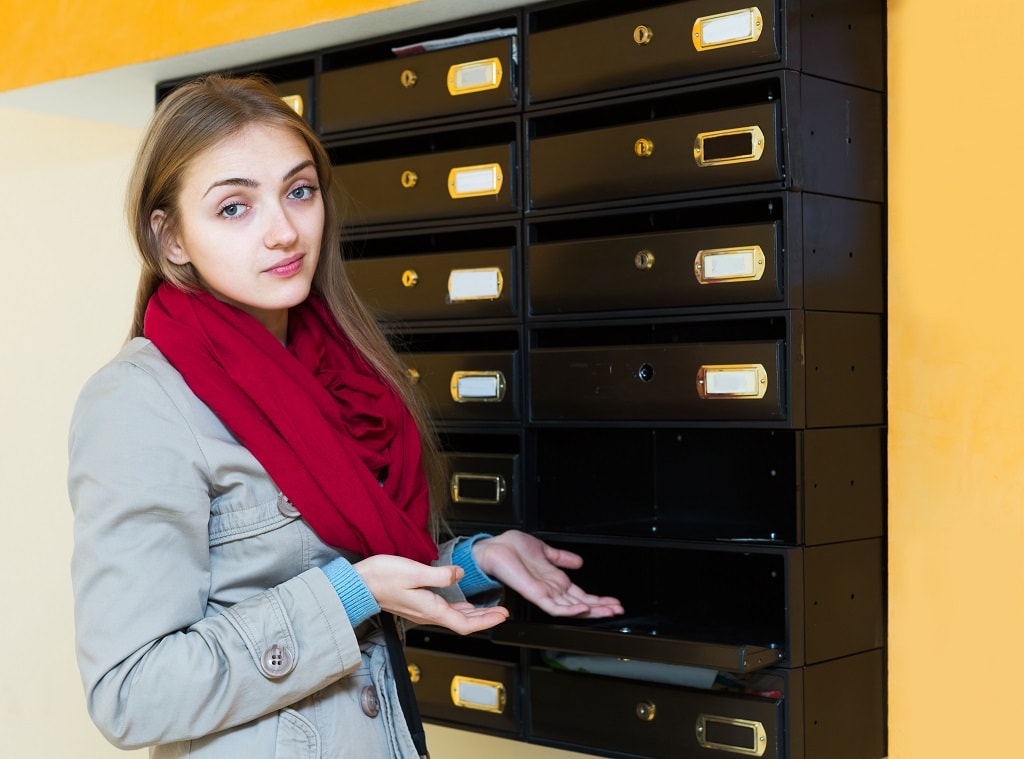Alacriti Insurance Series Part III: How Digital Disbursements Extend a Lifeline While Controlling Costs
Posted by Kristen Jason on 13 Oct 2020


You already know that checks cost too much to send. The range can be anywhere between $4 and $15 per check. Therefore, the associated costs with sending a check, such as postage, administrative costs, and stop payments due to loss/stealing are substantial. With the influx of claims due to COVID-19 and unemployment, those costs are of course greater.
But what about the cost to customer experience? In times of financial and health hardship, waiting on a physical check is just another source of stress. These customers will be calling in to check on the status of their payment, increasing your call volume and hold times. The opportunity to disburse claims electronically is huge, research by PYMNTS found that over 52% of insurance claims were issued by paper check.
Andre’s restaurant had a small fire. His insurance company would cover it, however, he didn’t have the cash to pay his restaurant employees and rent costs while waiting for his payout. He was anxious that he would have to shut down due to not being able to make payments on time. However, his insurance company used digital disbursements as a first option instead of a paper check. Andre was able to receive his payout as quickly as possible, and he was thankful that he could keep his business going after repairs.
When issuing checks en masse, there is more room for error. Consider that ~$1.4 billion in stimulus checks sent by the government were accidentally sent to dead people. The IRS got much of the money back, but they certainly won’t get the money back from sending the checks in the first place and the administrative costs for reconciling those that were returned.

Checks are the most popular method for business-to-business payments, but a rise in fraud is causing many to rethink paper checks. To give you an idea of the level of activity, successful check fraud made up 47% ($1.3 billion) of bank’s fraud losses. This is $789 million higher than 2016 reports. While sending your policyholders or hospitals checks may be a tried and true method, checks are more vulnerable to fraud because they contain a lot of critical information, leading to forgery or just having them outright stolen.
Although we’ve all become accustomed to hearing bad news, oddly enough U.S. health insurers are reporting second quarter-earnings that are double what they were a year ago. Since insurance profits are capped under the Affordable Care Act, which requires that consumers receive rebates from the extra profits, even more payouts can be expected. Recently, The Health and Human Services Department advised insurers to think about speeding up rebates.
Fast and efficient payouts to your policyholders is also a good PR and marketing move for insurers. Insurance companies have been under fire for refusing to pay business interruption claims during the outbreak and denying claims for COVID-19 care. At a time where insurance companies are getting a lot of negative press for the handling of claims due to the pandemic, this is an opportunity to stand out in a positive way.
Orbipay Digital Disbursements by Alacriti allows businesses to send electronic payouts to their payees, reducing the time costs associated with paper checks. This solution includes options for clients that don’t have bank account information on-file for payouts and visibility into payout amounts, dates, and status.
To find out how Orbipay Digital Disbursements can reduce costs while improving your policyholder experience, contact us at (908) 791-2916 or info@alacriti.com.
Schedule A Personalized Demo
Schedule a Free Consultation





